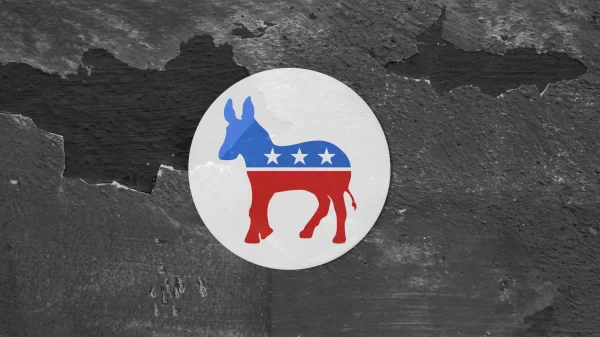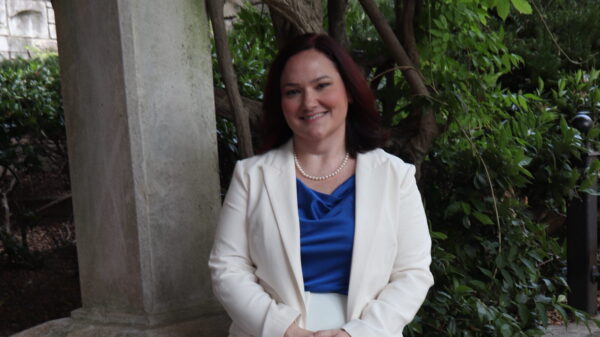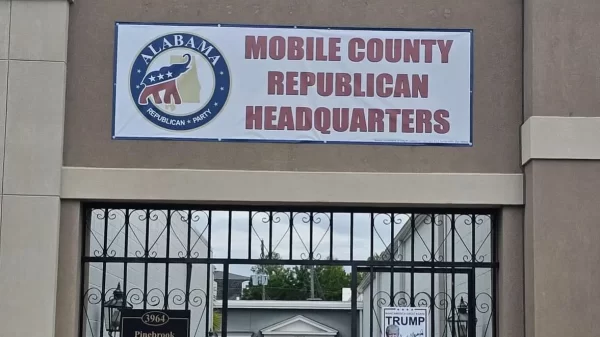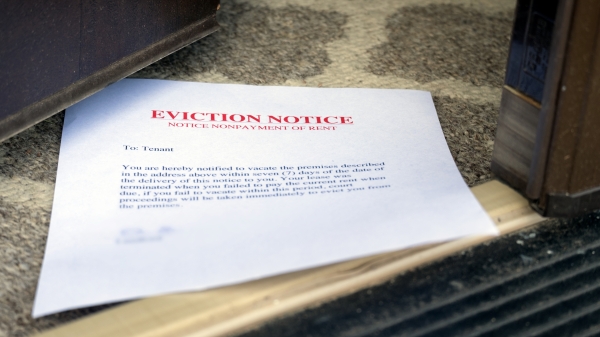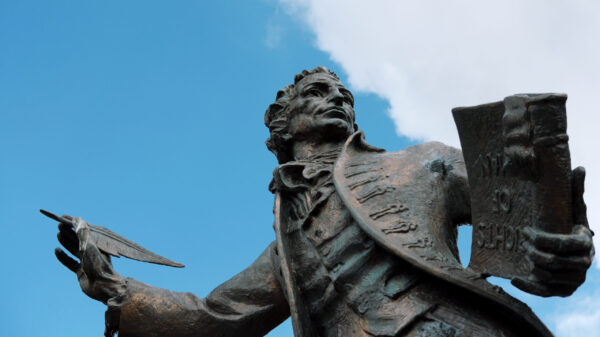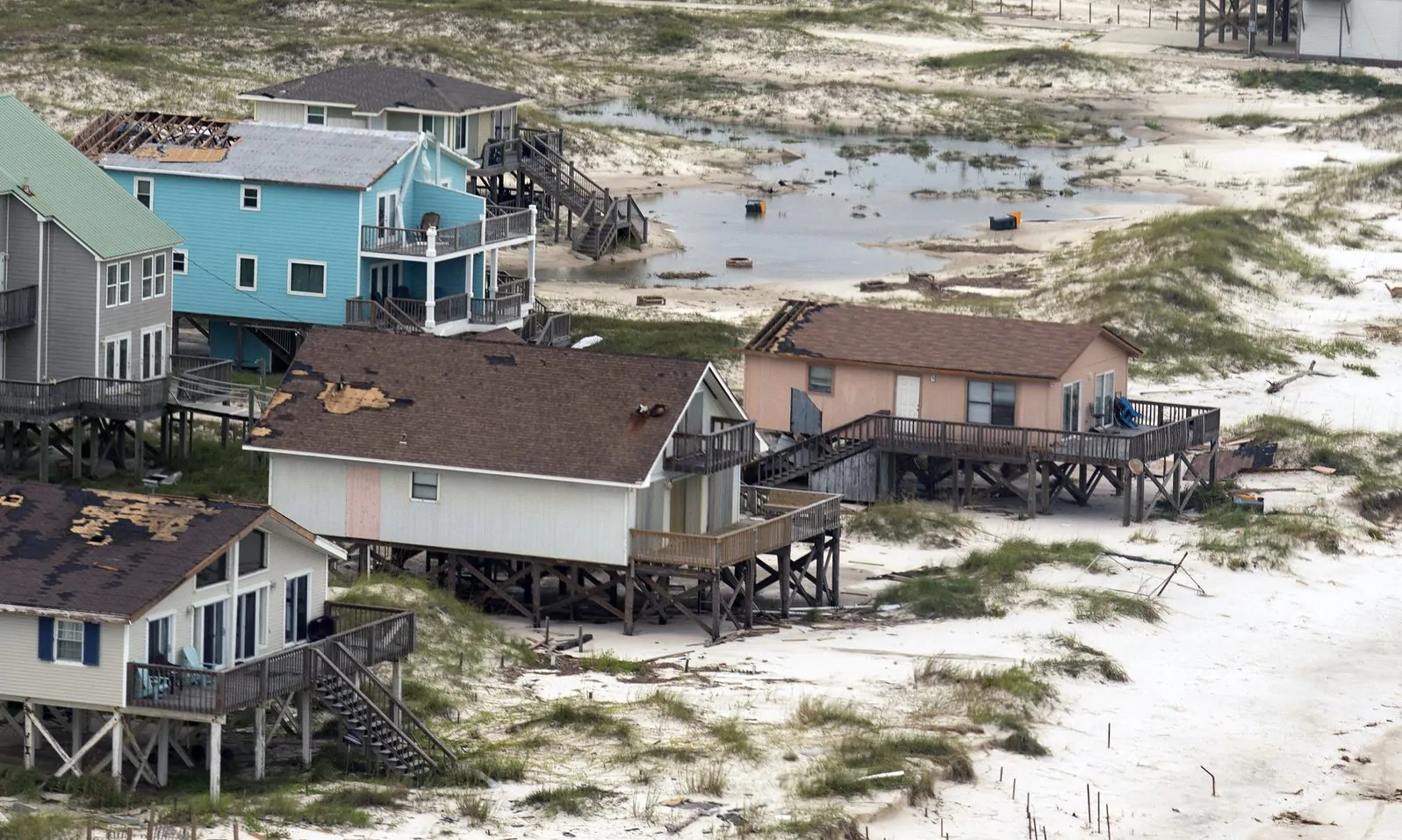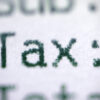Businesses and residents in Alabama counties designated as disaster areas after Hurricane Sally can now apply for low-interest disaster loans from the U.S. Small Business Administration. Small Business Administration administrator Jovita Carranza issued a statement following the announcement of the presidential disaster declaration, which began Sept. 14.
“The SBA is strongly committed to providing Alabama residents with the most effective response possible to assist businesses, homeowners and renters with federal disaster loans,” Carranza said. “Getting businesses and communities up and running after a disaster is our highest priority.”
The disaster declaration covers Baldwin, Escambia and Mobile counties in Alabama, which are eligible for both physical and economic injury disaster loans from the SBA.
Small businesses and most private nonprofit organizations in the following adjacent counties are eligible to apply only for SBA economic injury disaster loans: Clarke, Connecuh, Covington, Monroe and Washington in Alabama.
Due to COVID-19, the SBA will not establish a field presence to assist survivors. The SBA, however, will continue to provide customer service and conduct outreach virtually with webinars, Skype calls, phone assistance and step-by-step application assistance.
The SBA has opened a virtual disaster loan outreach center/business recovery center to help survivors apply online using the electronic loan application via the SBA’s secure website at disasterloanassistance.sba.gov.
Virtual customer support representatives are available to help applicants complete the online application daily from 8 a.m. to 8 p.m. E.T. at [email protected] and 800-659-2955.
These services are only available for the Alabama disaster declaration as a result of Hurricane Sally beginning Sept. 14, 2020, and not for COVID-19 related assistance.
Survivors should contact the SBA’s Disaster Customer Service Center at 800-659-2955 to schedule an appointment for assistance in completing their loan applications. Requests for SBA disaster loan program information may be obtained by emailing [email protected].
The SBA will conduct extensive outreach to ensure that those affected by the disaster have an opportunity to apply for assistance.
Businesses and private nonprofit organizations of any size may borrow up to $2 million to repair or replace disaster damaged or destroyed real estate, machinery and equipment, inventory and other business assets. Applicants may be eligible for a loan amount increase up to 20 percent of their physical damages, as verified by the SBA for mitigation purposes.
Eligible mitigation improvements may include a safe room or storm shelter, sump pump, French drain or retaining wall to help protect property and occupants from future damage caused by a similar disaster.
For small businesses, small agricultural cooperatives, small businesses engaged in aquaculture and most private nonprofit organizations, the SBA offers economic injury disaster loans to help meet working capital needs caused by the disaster.
Economic injury disaster loan assistance is available regardless of whether the business suffered any physical property damage.
Disaster loans up to $200,000 are available to homeowners to repair or replace disaster damaged or destroyed real estate. Homeowners and renters are eligible up to $40,000 to repair or replace disaster damaged or destroyed personal property.
Interest rates are as low as 3 percent for businesses, 2.75 percent for nonprofit organizations and 1.188 percent for homeowners and renters with terms up to 30 years. Loan amounts and terms are set by the SBA and are based on each applicant’s financial condition.
Applicants may apply online using the electronic loan application via the SBA’s secure website at disasterloanassistance.sba.gov.
To be considered for all forms of disaster assistance, applicants should register online at disasterassistance.gov or download the FEMA mobile app. If online or mobile access is unavailable, applicants should call the FEMA toll-free helpline at 800-621-3362. Those who use 711-Relay or Video Relay Services should call 800-621-3362.
Businesses and individuals may also obtain information and loan applications by calling the SBA’s customer service center at 1-800-659-2955 (1-800-877-8339 for the deaf and hard-of-hearing), or by emailing [email protected]. Loan applications can also be downloaded at sba.gov.
Completed applications should be mailed to: U.S. Small Business Administration, Processing and Disbursement Center, 14925 Kingsport Road, Fort Worth, TX 76155. The filing deadline to return applications for physical property damage is Nov. 19, 2020. The deadline to return economic injury applications is June 21, 2021.
The disaster declaration means that federal funding is available to state, tribal and eligible local governments and certain private nonprofit organizations on a cost-sharing basis for emergency protective measures in Baldwin, Escambia and Mobile counties and for the Poarch Band of Creek Indians.
Pete Gaynor is the administrator of the Federal Emergency Management Agency. Gaynor has named Allan Jarvis as the federal coordinating officer for federal recovery operations in the affected areas.

